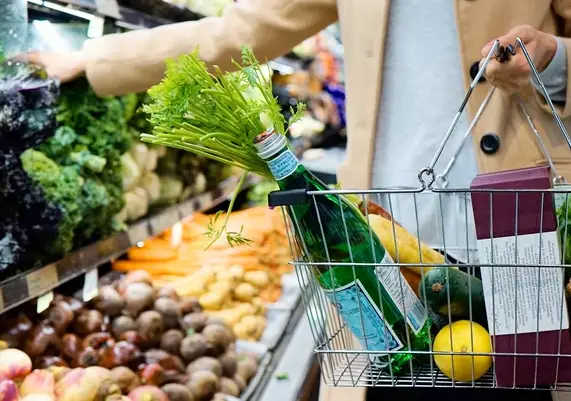Chief Economist of the Bank of England, Huw Pill has warned that even as the surging inflation which has crippled the British economy begins to slow, it is expected that food prices will continue to be more expensive than before the cost of living crisis.
According to official data, food inflation in Britain, in terms of purchasing power parity (PPP), continues to be stubbornly high, coming in at 17.3% for the 12 months to June.
Sky News quoted Pill on Monday as saying, “Unfortunately, the days of seeing food prices fall, that does seem to be something that we may not be seeing for a little while yet, if in the future at all.”
He went on to note that the effects of inflation on food prices in the UK has proven to be “a little bit more long-lasting than would have been expected.”
Pill noted that adding to the problem has been uncertainty over the supply chain stability for staples such as wheat and sunflower oil, as a result of the Ukraine war, and the Western sanctions on Russia, which have driven up the costs of raw materials for making basic food.
Pill noted that as a result of the uncertainty, companies in England have locked themselves into expensive contracts, and that as those contracts now expire, and food sub-processors in Britain adjust to the end of the potential supply chain disruptions, prices will begin to retreat
Despite the government’s efforts to contain inflation, consumer price growth has persisted in Britain, leading government officials and trade organizations to accuse supermarkets of “greedflation” and profiteering off the backs of their customers.
Pill has previously told British citizens that they will need to accept that they are poorer now, and they should no longer seek out wage increases, which will only make inflation worse and drive prices up.
He explained, “Some firms decided to sort of lock in their purchases of commodities in international markets in order to reduce that uncertainty, but potentially locked in at quite high levels of prices and they’re still passing that through the system into what ultimately we’re paying for in shops.”


